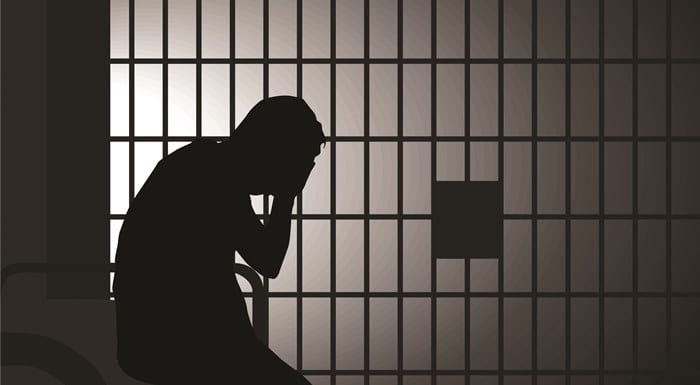
(Stock Photo)
Ex-offenders are stigmatised, discriminated against and disadvantaged by their criminal records, and need to be rehabilitated and empowered through biblical and educational teachings.
This view was expressed recently by Minister of Social Care, Constituency Empowerment and Community Development, Steven Blackett, at the closing ceremony of the Prison Fellowship Conference, at the Church of God of Prophecy, Water Street, Christ Church.
“In numerous instances, many of the incarcerated were not previously habilitated and so, a programme of habilitation ought to undergird our attention and interventions as we seek to empower inmates through biblical and educational teachings and other strategies, in pursuit of redeeming and forgiving the past and positively transforming the future,” he stated.
The Minister noted that stigma could jeopardise the chances of ex-offenders securing employment and other social and economic goods, and stressed the importance of “giving ex-offenders a second chance”.
Mr. Blackett also opined that incarceration not only affected offenders, but also their children and families, and therefore their emotional, spiritual and material needs should be taken into account.
“Against the backdrop of the exponential rise in criminal activity in the region, there will be an increasing and urgent need for programmes, such as your Angel Tree Programme. The incarceration of greater numbers of males and fathers across the region and the southern hemisphere, as a consequence of the rise in criminal activity, presents us with increasing numbers of children who need the care and attention of our societies as a whole,” he stated.
The Social Care Minister emphasised that the relevance and significance of the Prison Felllowship programme could not be overstated, given the social, physical and financial costs attendant with crime and incarceration, and pledged his Ministry’s continued support for their initiatives.
